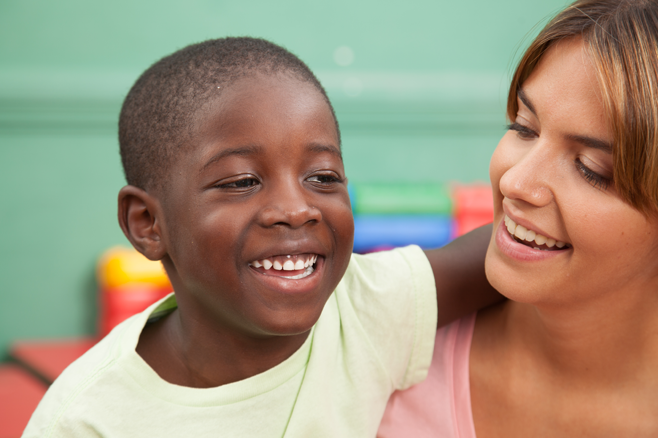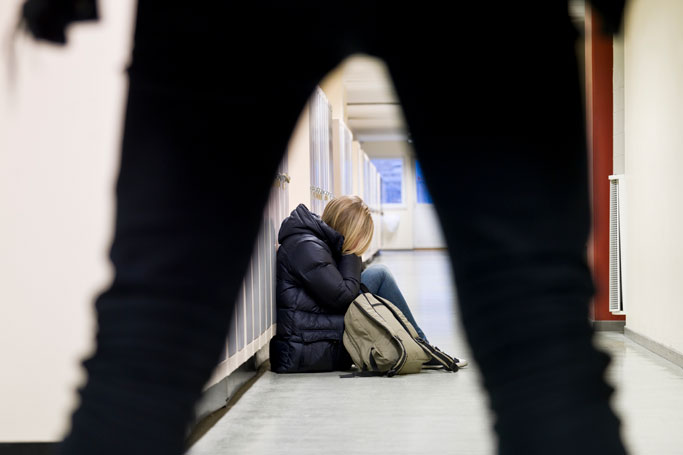Trauma is Fact. So is Resilience!
We are so pleased that so many of you are finding the Trauma-Informed Resilient Schools course content helpful. Thank you for completing the survey! For those of you who haven’t had a chance, please register for our online course free of charge, and let us know how we can support you in the upcoming weeks and months.
Ready to take the next step? Those who have taken Trauma-Informed Resilient Schools can now take Resetting for Resilience for 75% off! Use the code RESILIENCE (all caps, click “Apply Changes” at checkout) to save today!
We know it can be challenging to shift mindsets during times of such uncertainty. It might help to know that while trauma is a fact, so too is resilience. And there is even science to support that!
Any experience that leaves us feeling powerless, helpless, or hopeless can result in trauma-specific symptoms and reactions. The good news is that the opposite is true as well—any positive experiences help build resilience! Learn more from Starr Senior Trainer Erin Reed:
During the first few days and even weeks of a crisis it is normal to feel out of sorts – our bodies are experiencing acute stress. Every person will respond differently, if you feel worried, angry, irritable, confused, tired or even if you feel the same as always and not concerned at all – these are all normal responses. There is not a way you should or should not feel or experience the coronavirus pandemic.
What is most important right now is that you are doing whatever you can for yourselves, your students and your own children to feel even just a little bit better if needed. Comfort will not come in the form of logic or reason but rather in sensory experiences. I like to refer to this time as the “all the milk and cookies you want” time. Do what you need to do to feel better. Watch funny movies, bake, cook, play a game, or draw!
It is important to keep yourself in mind during this time as well. Helping professionals are just as vulnerable as our kids when it comes to effects of trauma! In this next clip, Reed discusses the various ways that professionals are impacted when children experience trauma:
Practicing Resilience: Essential Self-Care Strategies for Helping Professionals is available at starr.org/pr.






